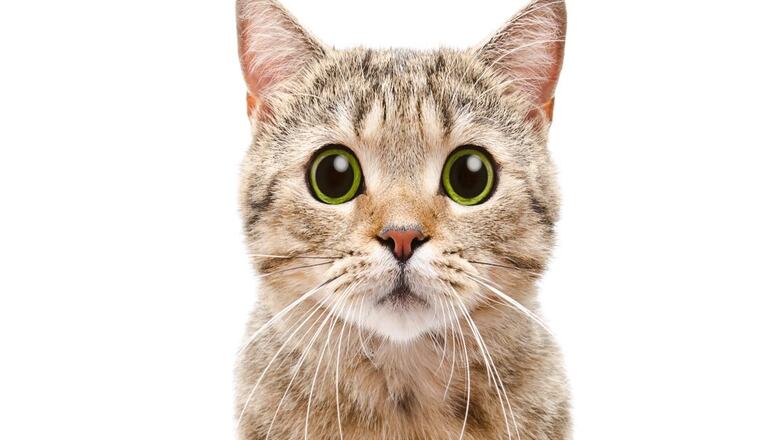
268
views
views
Here are some common symptoms that may indicate your cat is experiencing dehydration, helping you better understand your feline friend's well-being.
Cats possess intriguing qualities that distinguish them from other animals. One notable aspect is their relatively low water intake when compared to dogs or even humans. Many cat owners may observe that their feline companions don’t drink water as frequently as anticipated. While cats indeed require less water than some other animals, it remains crucial to be mindful of their hydration needs. Detecting signs of dehydration in cats can prove challenging, as they have a tendency to conceal their discomfort. Here are some common symptoms that may indicate your cat is experiencing dehydration, helping you better understand your feline friend’s well-being.
- Panting in cats can be an alarming sign, possibly indicating dehydration. If a cat doesn’t drink enough water, they might start panting to cope with the lack of hydration. However, it’s important to note that panting can have other causes as well. Cats may pant when they’re in pain or discomfort.
- Sunken eyes in a cat often indicate severe illness. When a cat’s dehydration reaches a critical level, its eyes may appear sunken and its overall facial expression might seem dull. Additionally, glossy eyes can also be a sign of sickness in a cat. While dehydration could be the cause, these symptoms could also signal other health issues that require immediate medical attention.
- Loss of appetite and energy are crucial signs to watch for if you suspect your cat is dehydrated. Dehydration can lead to a decline in your cat’s interest in food, even ignoring their favourite treats. Lack of energy may make them lazy and they’ll be unable to move around. If your cat becomes so lethargic that she is unable to get up, it’s crucial to seek help without delay.
- Repeated vomiting and diarrhoea in a cat can increase the risk of dehydration. If your cat experiences these symptoms, it’s crucial to monitor their water intake closely to prevent dehydration. Frequent vomiting and diarrhoea may suggest a health issue that requires proper treatment. To encourage your cat to consume more water, consider offering small amounts of their favourite treats, as this can lure them to drink more water.
- Spotting sticky gums in cats can be challenging and requires keen observation. As a responsible cat owner, learning about cats’ gum and mouth health while they’re in good health is essential. This way, you can identify any abnormalities in the future. For example, when your cat’s gums appear sticky to the touch, it may suggest dehydration or other health issues.




















Comments
0 comment